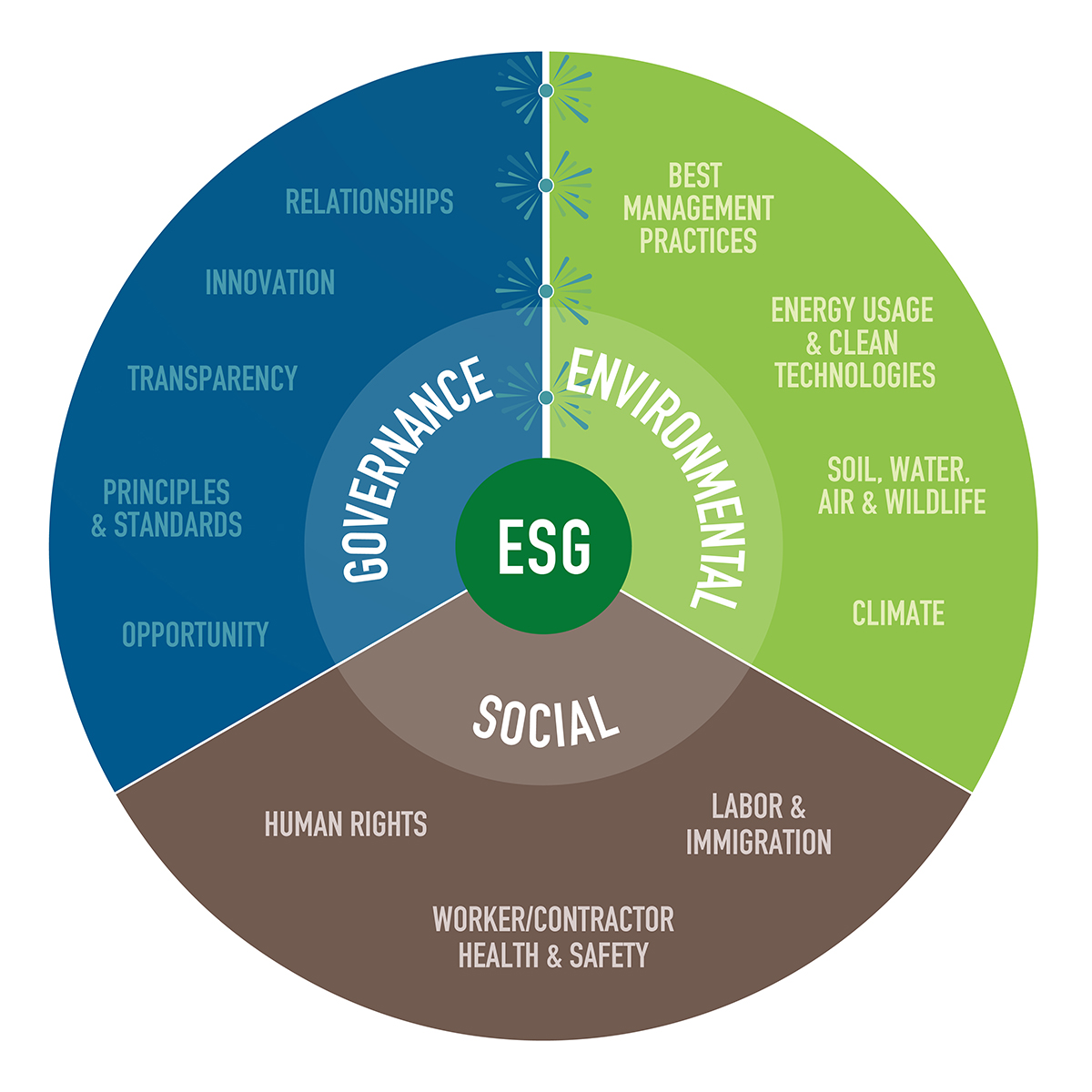What is ESG? And why does it matter for business?
What is ESG?
ESG stands for Environmental, Social, and Governance — a framework used to evaluate a company’s commitment to sustainability and ethical business practices. The Environmental aspect focuses on how a company manages its carbon footprint, waste, and natural resources. The Social dimension examines how businesses treat employees, foster diversity, and contribute to communities. Finally, Governance relates to corporate leadership, transparency, and ethical decision-making.

In today’s world, ESG is no longer just a trend; it has become an essential priority for businesses. Investors, consumers, and governments are increasingly focused on sustainability. Companies with strong ESG policies tend to attract more investor interest, as they are perceived as lower risk and more future-proof. Additionally, governments around the world are implementing stricter ESG regulations to encourage sustainable business practices.
For businesses, adopting ESG principles is not only about compliance but also about gaining a competitive edge. Consumers increasingly prefer brands that align with their values, and employees are more engaged in companies with strong ESG commitments. By integrating ESG strategies, companies can improve their reputation, reduce risks, and contribute to a more sustainable future.
Why ESG Matters for Businesses?
In today’s rapidly evolving world, businesses can no longer focus solely on profits—they must also consider their environmental and social impact. ESG principles guide companies to operate responsibly while supporting sustainable long-term growth. A strong ESG strategy enhances a company’s reputation, attracts ethical investors, and builds trust with customers. Consumers are increasingly choosing brands that align with their values, and businesses that prioritize ESG tend to foster stronger customer loyalty.

From an investment perspective, ESG compliance helps reduce financial risks and enhances business resilience. Investors favor companies with sustainable practices, as they are less likely to face legal penalties, reputational damage, or regulatory issues. Governments and financial institutions are also enforcing stricter ESG regulations, meaning businesses that fail to adapt may struggle to secure future funding or partnerships.
Beyond compliance, integrating ESG into business strategies leads to innovation and efficiency. Sustainable practices—such as reducing energy use and minimizing waste—can lower costs and boost productivity. Companies that care for employee well-being and promote diversity also experience higher workforce satisfaction and retention rates. In short, ESG is not just about responsibility—it’s a smart business decision that drives long-term success.
References
TechTarget – Explanation of What is ESG?
https://www.techtarget.com/whatis/definition/environmental-social-and-governance-ESG
The Role of Blockchain in ESG & Carbon Credit
The Role of Blockchain in ESG & Carbon Credit May...
The Role of carbon credit in ESG
Carbon credits play a crucial role in advancing Environmental, Social,...
What is ESG? And why does it matter for business?
ESG stands for Environmental, Social, and Governance — a framework...



